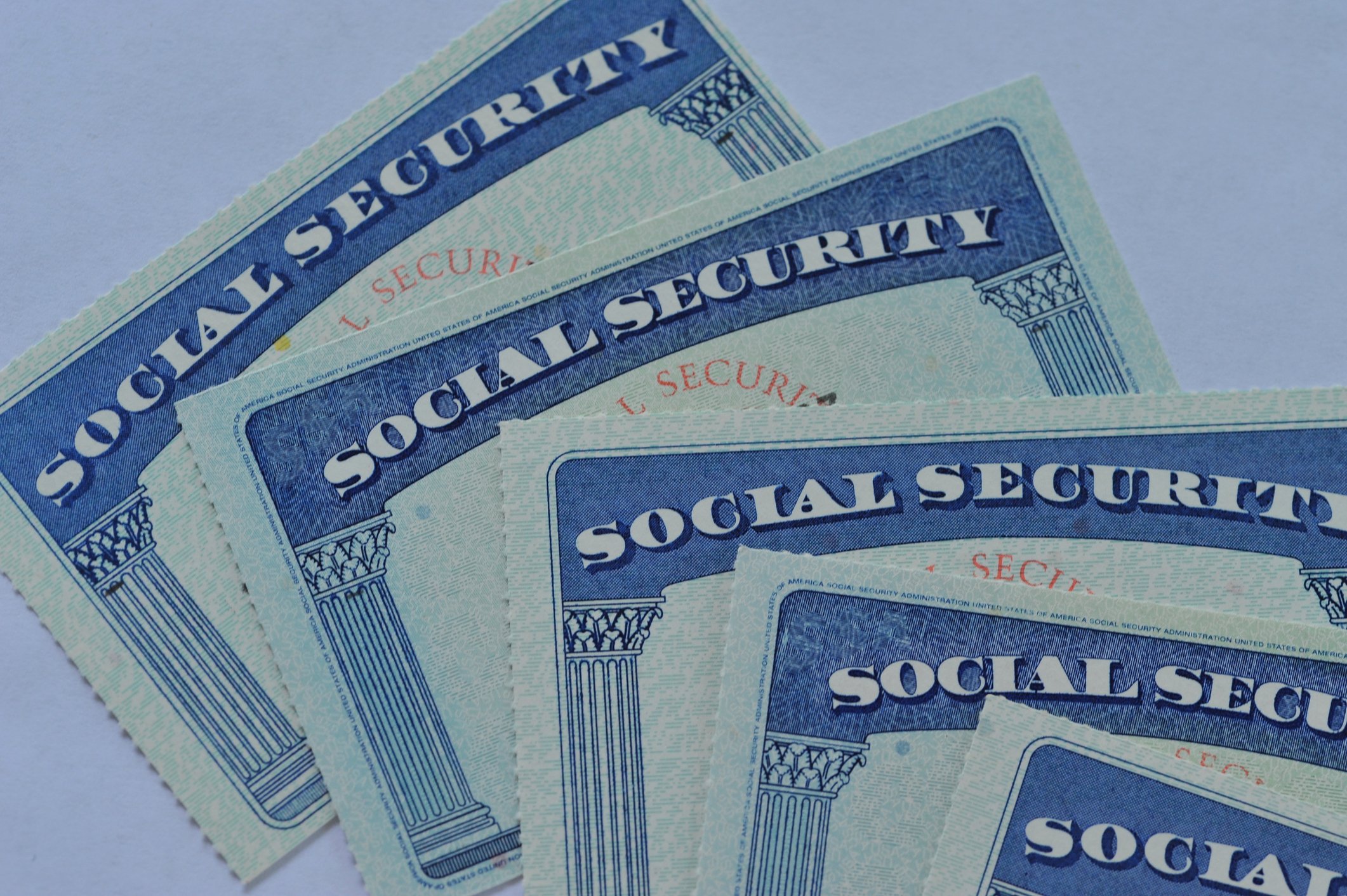Should you have a will? You probably suspect that the answer is yes, but you may not have acted on that yet, perhaps because you're still young and/or relatively healthy. You're not alone, either. According to a 2011 poll, about 60% of Americans said they didn't have a will. Let's review the reasons you should have a will, though, as facing some facts might have you take action.

Image source: Getty Images.
You might die sooner than you think
This is a morbid thought, but it's true. (It's also why you may need life insurance pronto, as well as a will.) More Americans than ever are reaching the age of 100 these days, but a lot of people also die unexpectedly when they're still young. According to 2009 data collected by George Patton of the University of Melbourne, among 28 developed nations, the United States had the highest mortality rate by far for those aged 10 to 24 (traffic accidents were a major factor). Per data from The National Center for Health Statistics, there were about 2.5 million total deaths in 2011, and more than 90,000 of those people died between the ages of 20 and 39.
A will distributes your assets per your wishes
Without a will, the state will likely divide your assets according to formulas -- such as, very often, giving half your estate to your spouse and dividing the remaining half between your children. (That can even result in the sale of your home to meet the distribution requirements.) If you wanted everything to go to your spouse, or a distant niece or a good friend is your favorite person and you would like her to inherit much of your estate, that's not likely to happen unless you say so in a will. You can also designate who gets control of your company, if you own a business.

Image source: Pixabay.
A will can take care of your children
Even more important than who receives your financial assets and belongings is what happens to your minor children, if you have any, when you die. You can specify who you want as their guardian in a will, so that they end up with someone whom you trust to do the best job. (You can also name someone to take care of your pets. It might seem silly but if you don't, your longtime four-legged companion might end up not well cared for.)
A will can designate your executor
It can minimize family squabbles if you name who you want administering your affairs after you die instead of letting the court appoint someone.
A will can support causes and organizations you favor
You might like to leave a significant chunk of change to some of your favorite charities, but without a will, there may be no record of that wish.

Image source: Getty Images.
A will can reduce taxes
Without a will, your estate will probably spend more time in the legal system, generating bills from lawyers. Having many of your wishes spelled out can reduce probate time. In addition, if you're making financial gifts to loved ones, that can reduce your estate and, therefore, any estate taxes that might have been levied. Trust funds that you set up can also save money.
A will makes things easier for your loved ones
Dying "intestate" -- without a will -- can leave your loved ones with more headaches and costs than you probably want. Your estate can end up spending a lot of time in probate, delaying when inheritors receive their inheritances and costing more than it would have cost had you settled some matters in your will. Without a will designating beneficiaries, some or much of your estate may end up in the hands of those you wouldn't have chosen -- and family strife and even legal battles are more likely to ensue.
Don't take chances on how long you'll live. Prepare a will now to protect and provide for your loved ones, as it's the right thing to do. Know that a handwritten will may not stand up in court. Ideally, it should be a formal legal document, signed by two witnesses. While you're at it, draw up a formal living will, too, and durable power of attorney paperwork, so that trusted people can make healthcare or financial decisions for you should you be unable to.
Better still, consult a financial planner skilled in estate planning to see how you should best set up your end-of-life affairs, such as perhaps setting up trusts. Whatever money you spend consulting good financial pros can be more than make up for in tax savings.





